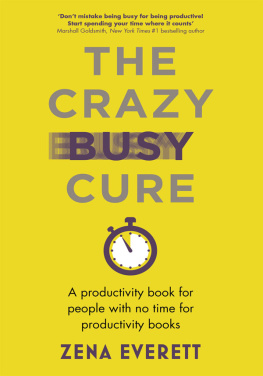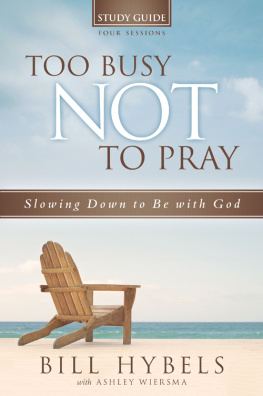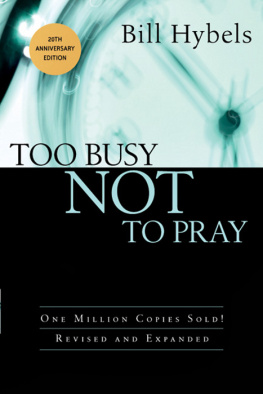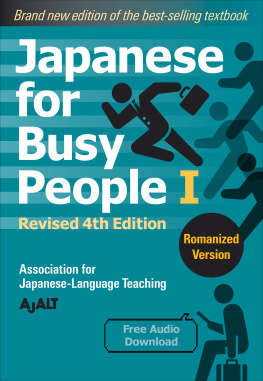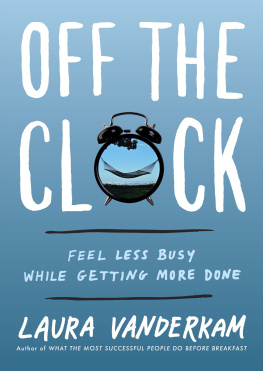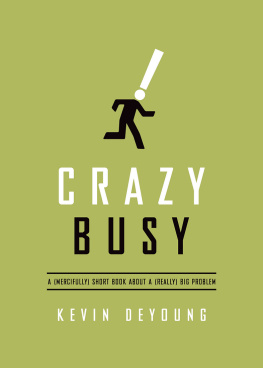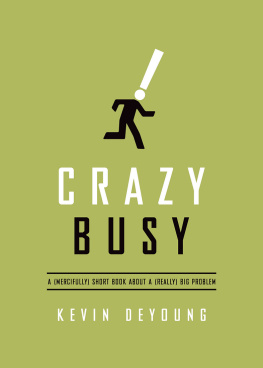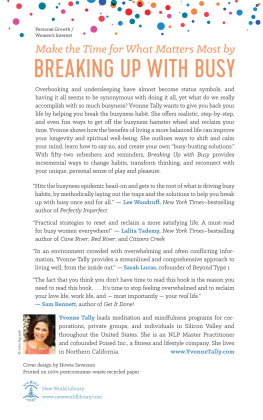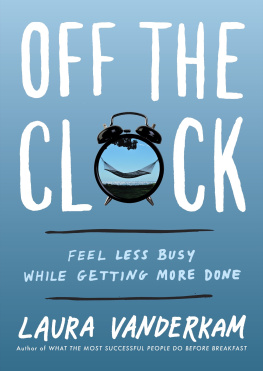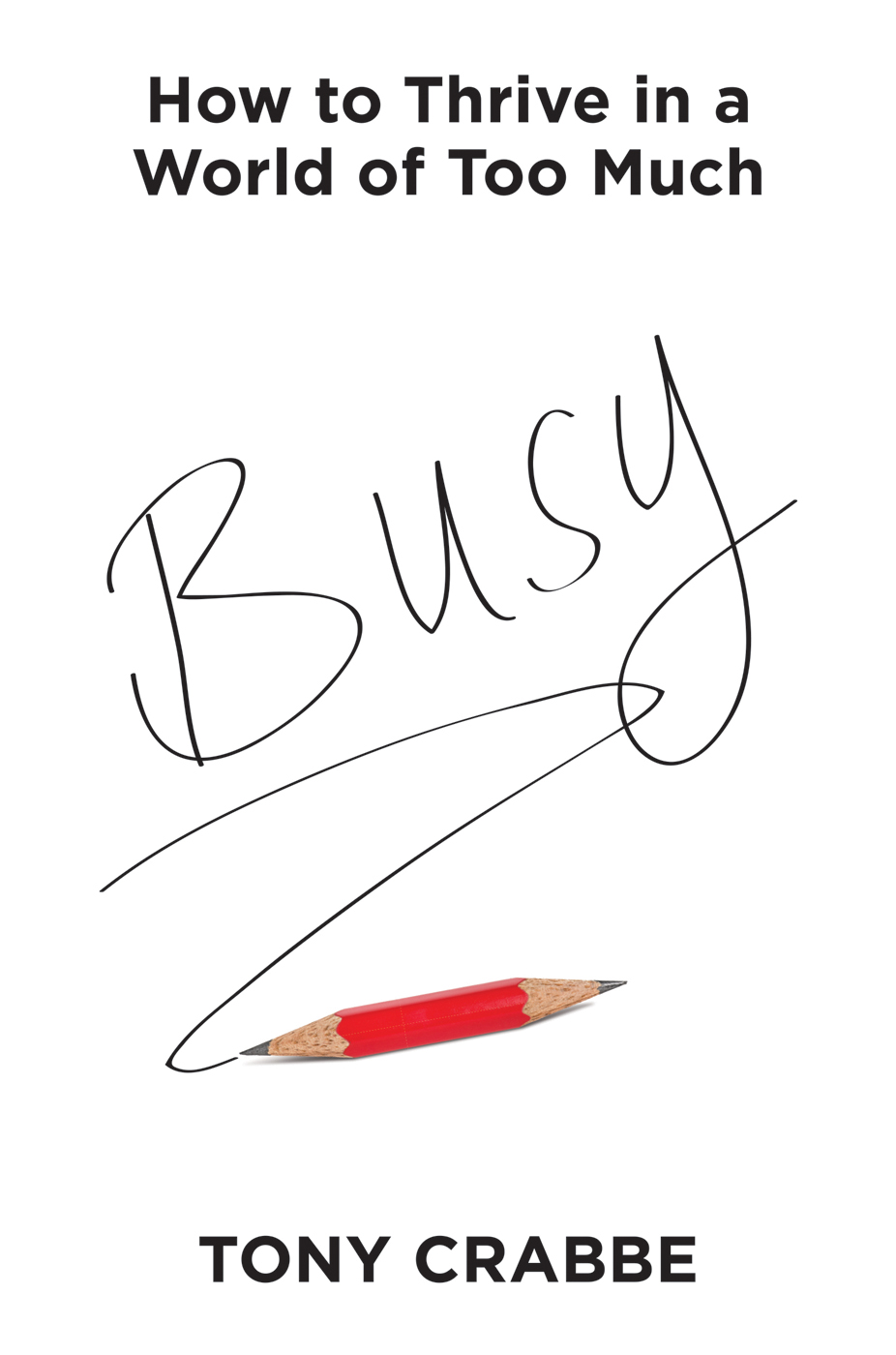Cover copyright 2015 by Hachette Book Group, Inc.
All rights reserved. In accordance with the U.S. Copyright Act of 1976, the scanning, uploading, and electronic sharing of any part of this book without the permission of the publisher constitute unlawful piracy and theft of the authors intellectual property. If you would like to use material from the book (other than for review purposes), prior written permission must be obtained by contacting the publisher at permissions@hbgusa.com. Thank you for your support of the authors rights.
Grand Central Publishing is a division of Hachette Book Group, Inc.
The Grand Central Publishing name and logo is a trademark of Hachette Book Group, Inc.
The Hachette Speakers Bureau provides a wide range of authors for speaking events. To find out more, go to www.hachettespeakersbureau.com or call (866) 376-6591.
The publisher is not responsible for websites (or their content) that are not owned by the publisher.
A big thanks go to everyone at Little, Brown and Grand Central; it has been a true partnership working with you. Thanks to Tim Whiting for his faith in me, and for shaping my initial ramblings into something much more valuable. To Zoe Bohm and Sara Weiss, my editors in the UK and the US; patient to the last, I have loved working with both of you. To Kate Hibbert and Andy Hine, who have sold this book all over the world; and to Rick Wolff, who brought this book to North America. Thanks to Megan Gerrity, the production editor, and Angelina Krahn, the copy editor, you have localized the English and improved my writing. Finally, thanks to Julie Paulauski, for all your imagination and energy in publicizing the book.
Dad, thanks for that walk around the sheepfold that saved me from a gray life of numbers. And thanks to Mum for being my foundation, my safe place (and my source of the worlds best macaroni cheese). I couldnt imagine better parents or a better childhood. Paddy, thanks for always being the first to ask, and for endlessly encouraging me. Barry, youre an inspiration, a catalyst for me and so many others. Thanks for the endless support of Dulcie and me.
Martin, Pete, Fiona, Doug and Gerry: youre all my favorites! (Pete, by the way, this is the only bit of the book you need to read.) I love you all and Im hoping this book might create an alternative nickname for me other than Spud! Dame, thanks for the invite to that conference, which triggered all of this, but mostly thanks for being a good friend and co-conspirator. Shiv, thanks for being such a brilliant pain in the neck to keep me writing. Dom and Kate, thanks for allowing me to drink all your tea and write the first half of this book in your garden shed.
To my children: Jack, the brilliant questioner and engineer; you have the courage to walk your own pathyoure very special and I can learn a lot from you. Ben, my cheeky chappie who still skips down the street; your endless sense of fun always makes me smile. Seren, youre such a princess, punching above your weight in this familyfull of fire, full of ideas and full of cuddles. Together, the three of you make me more happy than any daddy could hope to be, and you fill my life with shafts of pure joy. Thanks for being patient with me and this book. I am hugely proud of all of you: no wonder my favorite number is three!
To Dulcie: You have carried, cajoled and motivated me through this project. Like all our schemes, this was a team effort; a yin and yang pairing of opposites bound by a common purpose. This book could not have happened without youyou have given up such a lot to allow me to do this, and you have taken on such a lot too. Not only that, your smart business guidance over the years has brought me to this place; it helped me to find my own career path. In thanks, I dedicate this book to you, my wife and best friend, my soul mate, my love and my life.
As the Buddha said two-and-a-half thousand years ago were all out of our fucking minds.
Albert Ellis (considered the second most influential psychotherapist in history, 19132007)
H ow long does it take you to reach for your first shot of email each day? This is followed shortly afterward by a coffee, and the day starts in a rush. On the way to work you utilize your time wisely, crunching through more email and messages, making the odd call. You hit work at a run, bounce from meeting to meeting, task to task, juggling, responding and executing. It feels like demand after demand; youre drowning but you mustnt show it. So you plow on, faster, head down, doing, doing, doing.
At some point you leave the office; still working, you enter your home. Your family is wonderful, but a burden and a distraction as well. You spend an evening of split attention, email on tap; you get irritated easily. You know, of course, that in principle you should switch off and enjoy your time with your loved ones, but you are so busy at the moment. Anyway, youre doing it for them.
You try to relax with wine and the TV and go to bed exhausted (with a final check of the phone for email). Your sleep is shallow; your brain is still working and worrying. Tomorrow youll wake up unrefreshed.
You cant escape the feeling that youre failing as a partner, a parent and a friend; failing to keep up and perform as youd like; failing to lead the life youd hoped for. Youve become a little hollow, a little brittle and a little helpless.
The alarm sounds and you reach for your first shot of email

Were Wrong
In 1996, eight climbers set off to climb Everest. They had all the right equipment, they were well trained and they were fit. They made good progress. Then things changed. It appears there was something of a traffic jam toward the summit, and there may have been some weather changes and so progress slowed. There is a rule on Everest that if you dont reach the summit by a certain time, you have to abandon your attempt. On that day, these really experienced but frustrated climbers should have turned back, but instead they kept going. They reached the summit too late in the day, had to climb down in darkness, and died.
Christopher Cave, a former stockbroker, heard about this and it bothered him. It reminded him of what hed seen happen in a lot of companies. Those companies would commit to a strategy. Then, as the business context changed, evidence would start appearing that the strategy was a bad idea. Instead of looking dispassionately at the new information and stopping to reflect on a better course of action, these businesses responded to their frustrated efforts with more activity. In effect, to avoid having to face the possibility that they were heading in the wrong direction, they increased their efforts in the wrong direction.


